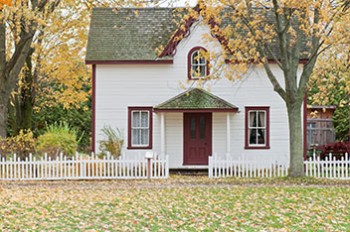Arguably the biggest decision you need to make is where you will live and whether you will buy a home or rent.
It's no secret that owning a home requires a significant financial commitment. Not only do you have the long-term obligations of your mortgage, insurance and property taxes, but you will need to pay for regular maintenance. When buying a home, you will need a down payment of anywhere between 3% and 20% plus closing costs.
The costs associated with buying and maintaining a home exceed the short-term costs of a security deposit and monthly rent, in most cases. Rent is more of a fixed budget item than owning a home, and the occasional rent hikes probably won’t exceed the cost of replacing a roof. Owning a home means you can build equity if you hold it long enough and it appreciates in value. Keep in mind, you also could rent and invest the extra money you would’ve otherwise spent on owning your home.
Whether to buy or rent also comes down to personal preferences. If you’re interested in living in an urban center, renting might be your best option. If you want quiet space in the country or suburbs, buying a home might make more sense. Weigh all of the personal and financial factors that apply to you to determine whether buying or renting your residence is the best choice.


